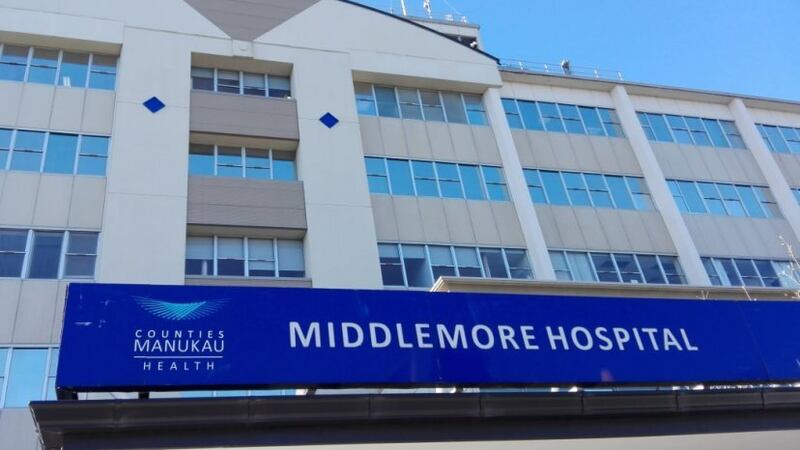The report was sparked by the death of a woman who left the ED before being treated because she was told of long delays. Photo / LDR
The emergency department of one of New Zealand's biggest hospitals has been slammed as unsafe for patients and staff in a damning new report.
An independent inquiry into the death of a patient in June - after she left Middlemore's emergency department (ED) upon being told it would take hours for her to be seen - has delivered a brutal assessment of the hospital's ED.
In a scathing, five-page document, Middlemore has been described as dysfunctional, overcrowded and unsafe.
Written by an unidentified fellow from the Australasian College for Emergency Medicine, the report stated that only the exceptional hard work and dedication of Middlemore's staff was keeping it from more serious incidents.
The independent inquiry said if the patient was triaged, staff may have recognised 'red flags' about her condition.
However, the report said they couldn't assume it would have found evidence of the patient's brain haemorrhage, or prevented her death.
But the report's author expressed "serious concerns" about the degree of overcrowding in the ED, which it said was an indicator of significant systemic failures and "it is clear that this institution is struggling".
"The evidence provided to me strongly reflects an overcrowded ED, a hospital well over acceptable capacity and subsequent system dysfunction," the report said.
"This is an unsafe environment for both patients and staff and is not sustainable."
The report's recommendations called for Te Whatu Ora - Counties Manukau to review and improve the processing of acute patients.
"As emergency departments continue to struggle with ever-increasing presentation numbers, delays in admitting patients to wards and significant ED overcrowding, announcements in ED waiting rooms regarding delays in assessment/treatment occur at an increasing frequency throughout EDs in Aotearoa New Zealand."
It said when patients were alerted to the wait times, it should be done to keep patients informed and allow them to make informed decisions.
"The unintended consequence is that people may not always be able to make an informed decision on the seriousness and/ or acuity of their condition and some may stay that could safely seek alternative care and some with serious conditions may leave as they don't want to wait."
It said ideally patients who decided to leave should be reassessed before exiting the ED to reduce the risk of those with potentially serious conditions leaving.
"Unfortunately, this is often not possible due to staffing shortages and/or other pressures on the system at the time."
The patient first arrived at ED at about 1am on 15 June with a severe headache. She was told it would likely be hours before she could be seen, so she decided to leave.
She returned to the hospital in an ambulance a few hours later after a brain haemorrhage and died the following day.
'Constrained resources'
In a statement, Te Whatu Ora chief executive and former Counties Manukau District Health Board boss Margie Apa recognised the issues raised in the report.
"The experience of patients in emergency departments at times of high demand is challenging for both patients and staff - Middlemore is one of many emergency departments which have raised concerns about the impact of constrained resources at peak times," she said.
"Although the reports released today indicate that a likely outcome would not have been different with earlier triage in this very sad case, we also recognise the broader issues raised in the emergency department review."
Apa said Te Whatu Ora was carrying out a national review to look at what it could do to better support staff and prepare services for winter next year.


